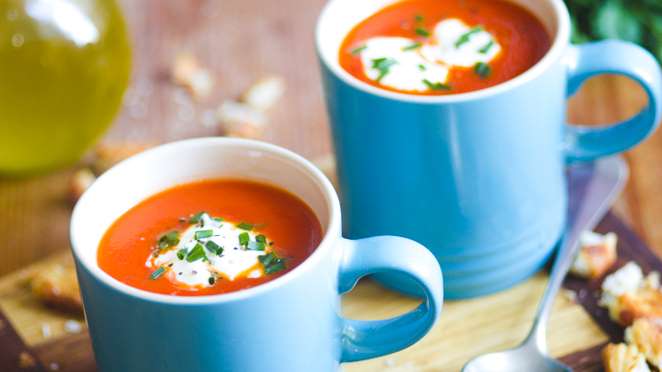
Futurama excites me! If you Google the term you will get its precise meaning as “(a) an exhibition or display that attempts to depict certain aspects or elements of life in the future; (b) a comprehensive projection of the future.” I am not a fan of science fiction; I won’t attempt to rake any debate or controversy by stating my plausible reasons for the same. All I would want to add is that I like ‘imagining’ the future. We all like to predict things – it’s a dominant part of human nature. The politics, state of affairs, climate change, increasing population, food security and others – all these and much more, combined together, give us an almost soothsaying-like capacity on things and events that may follow.
When I try to gauge deep into the near future, I feel helpless and utterly sad. While there are still some of the remotest parts of the country in want of permanent water and electricity supply, the urban life is nothing short of a bane; contaminated water and now having a need to buy an air purifier! Keeping all these in mind, I don’t even try to think of the distant future. While the damage done to our environment is a mammoth, our remedial steps are not only late in time but also snail paced. I fear the current rate of ongoing damage would outpace the rate of remedy.
Talking of remedial actions, aren’t we on a constant lookout for something better and more efficient? Something which will conserve all natural resources, energy and at the same time serve our purpose? In an age where concept models are released way before in time and when experts try to device an image of life on an alternative planet, a group of people have come up with a ground-breaking view of how our kitchens would and should look in 2025.
Kitchen Generic
IKEA, a group of multinational companies founded in Sweden is also apparently the largest furniture retailer in the world. Apart from dealing in ready-to-assemble furniture the group also deals in home accessories. The group, in collaboration with an international design firm IDEO and industrial design teams from Lund University and Eindhoven University of Technology, came up with a project to design the ‘future kitchen.’
“In August 2013, IKEA invited students from the School of Industrial Design at the Ingvar Kamprad Design Center, Lund University, and the Industrial Design department at Eindhoven University of Technology to answer the questions: What will life around food look like in 2025? And will we be able to help people live a healthier, more sustainable lifestyle? One outcome of the 18 month long collaboration is the Concept Kitchen 2025 exhibition at IKEA Temporary, which was opened in April 9, Milan. The exhibition was just one part of an ongoing investigation by IKEA into how people’s relationship to food is changing. It serves to tangibly show what we might be doing in 2025: how we’ll be growing our food, storing it; how we’ll be cooking, eating, living and working in the kitchen,” via conceptkitchen2025 official website.
The project gives a realistic peek into what our kitchens may look like in a decade’s time. The central idea of the project is of course food, and also, how over the course of time, not only our food habits but the practice of cooking and eating food is undergoing drastic changes. Here’s a look at what, according to the project, will change in ten years from now, plus why and how does our kitchen need to change and adapt in the process:
1. Because our lives are getting more urban day by day and this will continue.
2. Water, energy and other natural resources will be under pressure. There is and shall be a sense of paucity felt with respect to them.
3. Food will become expensive with rising food prices.
4. A shift from thinking ‘meat’ to thinking ‘protein’ in our daily meals.
5. A need for smaller homes, multi-functional spaces, dynamic kitchens.
6. Turning inwards: home delivery; online shopping; work-from-home.
7. Ubiquitous technology: computers everywhere
8. Western food culture will slowly incorporate Asian food concepts in kitchen
9. Converging taste preferences. According to the project website, the future will have, “tastes more diverse locally, but more homogeneous globally. We’ll have more diversity, but less specialization”.
Keeping the following points in mind the team conceived an idea of kitchen as a melting pot. Kitchen will cease to be a space exclusive to cooking or probably eating. Years from now, not only will you cook, speed-cook, eat together in your kitchen but may also want to work (while your beans are getting baked) or watch your favourite show or surf net. Kitchen is bound to become a much happening space than now.


 South Asian News E-Paper
South Asian News E-Paper Punjabi News E-Paper
Punjabi News E-Paper
















